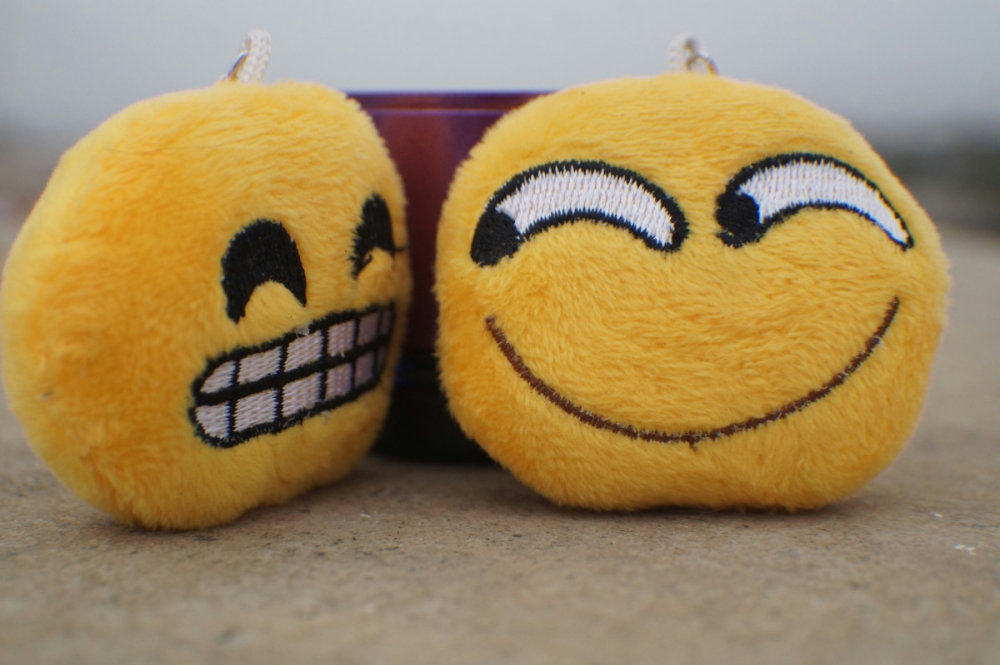AUGUST 14 — Have you ever called someone “rabbit teeth” or “gigi jongang”, laughed at a friend’s crooked smile, made fun of a person with a cleft or scar on their face, commented on a stranger’s teeth in a TikTok video, or shared a meme mocking someone’s face? You might not have meant to be cruel and probably it was just a joke, or something you thought would make others laugh. But for the person on the receiving end, those words can cut deeply and leave scars that last far longer than the moment of laughter. It’s worth asking ourselves: Am I a bully?
When we think about bullying, we usually imagine the schoolyard — kids shoving, name-calling, or whispering in groups. But the truth is, bullying doesn’t necessarily stop after graduation. In the world of social media, adult bullying is just as common, and sometimes even more visible. Comment sections are filled with harsh, mocking remarks about people’s appearances, especially their skin colour, smiles, teeth, and jawlines. A single viral photo of someone with protruding teeth or visible dental issues can quickly turn into a public spectacle, where ridicule spreads faster than compassion. Some do it openly, while others hide behind usernames. The message remains the same: if you’re different, you’re an easy target. And here’s the troubling part — children are watching. They see how adults talk about others and learn from it. If we laugh at someone’s appearance online, can we really expect our children to act differently at school?
People with dental differences, from noticeable decay to teeth misalignment, often endure unwanted attention. To outsiders, it might seem like a minor cosmetic issue, but to the person living with it, it can bring embarrassment, shame, and a reluctance to smile at all. Specifically for children, this kind of bullying can be especially damaging to their self-confidence, causing anxiety and depression.
Children who often get teased will also develop a fear of speaking or participating in class. Not only that, they may develop long-term emotional trauma and refuse to mingle with people. As for adults, online shaming can have serious effects on mental health, self-image, and self-worth. What feels like “just a comment” can have an impact on someone for years.

People with dental differences, from noticeable decay to teeth misalignment, often endure unwanted attention. — Picture from Unsplash/Murtaza Hamid
Dentists and dental specialists see these stories far too often. Parents often tell orthodontists and paediatric dental specialists that their children are being bullied at school because of the way their teeth look, hence seeking treatment to improve their appearance and confidence. A child might come in for what seems like a simple dental check, but behind it lies a history of teasing and cruel words. Sometimes the hurt comes from classmates. Other times, shockingly, it comes from teachers or even family members. Many of these children are very quiet during their first clinic visit and rarely speak to the specialists. It often takes several dental sessions before they become more comfortable and start communicating directly with the dental team.
Adults with dental issues often face similar challenges. Some have been receiving treatment since childhood, with their condition persisting into adulthood. One dental condition frequently seen by prosthodontists is amelogenesis imperfecta (AI), a disorder that affects tooth development, resulting in yellow-to-brown discolouration and sensitive teeth due to its weak structure. These adult patients are often very shy and struggle with low self-confidence as well. Hence, the pain isn’t just in their mouth, but in their heart too.
So here’s the thing — everyone matters in this fight against bullying. Be aware of the signs: sudden quietness, not wanting to go to school, reluctance to smile, or changes in behaviour. If the bullying is linked to dental problems, seek help from a specialist. Fixing the dental issue can be life-changing, for both child and adult. It is not just for the smile, but for the person’s self-esteem, confidence, and willingness to face the world.
If we want a kinder generation, we need to show them what kindness looks like. That means not mocking someone’s appearance, especially in front of children. Talk to them about respect, empathy, and how words can hurt. Teach them not to share or laugh at videos that make fun of others, and remind them that dental problems aren’t always a choice, as not everyone has access to or can afford treatment.
Before you comment on someone, ask yourself if it could cause them embarrassment. Before you hit “post” or “share” on social media, think: Would I say this to their face? Would I be okay if my child said this to a classmate?
You don’t need to throw punches or shout insults to be a bully. Sometimes it’s laughing at someone’s photo, sharing a video of a “funny” smile, or staying silent when others are being cruel. But kindness works the same way — small actions make a big difference. We can choose to speak up, scroll past without commenting, or remind ourselves and our children that every smile deserves respect.
We live in a world where appearances are judged in seconds, but also one where kindness is a choice we can make every day. So whether you’re a child in the schoolyard, a teenager scrolling through TikTok, or an adult tempted to type a comment, pause and ask yourself: Am I a bully? Or am I the person who makes others feel safe, accepted, and respected — no matter how they look? Because in the end, that answer speaks louder than any smile ever could.
* Dr Norhidayah @ Nor Zahidah Mohd Tahir is an orthodontist, and Dr Nurul Zeety Azizi is a paediatric dental specialist at the Faculty of Dentistry, Universiti Malaya.
** This is the personal opinion of the writer or publication and does not necessarily represent the views of Malay Mail.






